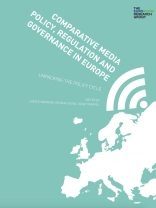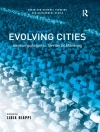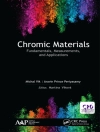In the last several decades, the European media landscape has transformed in ways that were unpredictable. From the viewpoint of ordinary media users, these changes have offered increasing choices: new gadgets, services and channels are continuously entering the market. Behind this transformation and escalating choices lie numerous political and administrative decisions that regulate how the media industry works and how the choices of consumers are guided. The body of these decisions and their implementation is called media policy. Media policy affects all media functions and uses. It concerns, for example, questions such as: How to guarantee all citizens equal access to information networks? How to secure open public access for vital information? How to protect minors from harmful media content? As an academic field, media policy is still a rather new research area. It has close relations, among others, to political sociology, media economy, media and communications law, media ethics and obviously, to political studies. This shows that there are many different approaches to media policy studies. However, despite their differences, a common strand for many is a close relationship to critical political economy of communication.
Über den Autor
Hannu Nieminen (Ph.D., University of Westminster, London) is Professor of Media and
Communications Policy at the Department of Social Research, University of Helsinki,
Finland. From 2013, he is an Expert in Public Service for the Administrative Council of
Yle (Finland’s national Public Service Broadcasting company). He is a member of the
Euromedia Research Group (from 2009) as well as a member of the Board of Nordicom
(2010–18).












